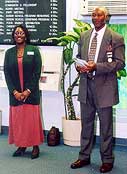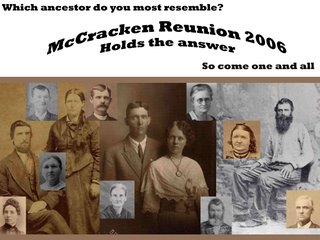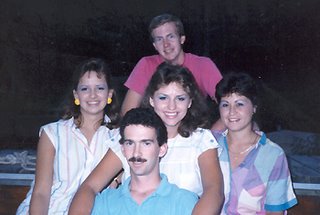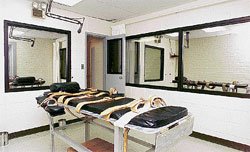
A good friend of mine challenged me to write about Christian Purity. My initial response was that I’m not qualified! But some closer examination of scripture and the writings of John Wesley are very illuminating.
While much has been made about Wesley’s Aldersgate conversion, the leading up to it hasn’t always been given as much press. Wesley struggled even in his own calling as a priest, and once recorded in his journal:
“I went to America to convert the Indians; but O! who shall convert me? Who, what is he that shall deliver me from this evil heart of unbelief? I have a fair summer religion. I can talk well; nay, and believe myself while no danger is near; but let death look me in the face, and my spirit is troubled. Nor can I say, ‘To die is gain.’ … I show my faith by my works by staking my all upon it . . . O who will deliver me from this fear of death?”- Journal, January 24, 1738
Yet Wesley also placed a high value on “a clean heart, a single eye, a soul full of God! A fair exchange, if by loss of reputation we can purchase the lowest degree of purity of heart!” These were things he embraced and believed despite the fact that it cost him earnings, friends, and reputation as a “proper” Anglican priest. When Wesley began his work evangelizing the lost and forgotten in society, I think he worked out his struggle.
“Therefore, my beloved, as you have always obeyed, not as in my presence only, but now much more in my absence, work out your own salvation with fear and trembling. – Philippians 2:12
Paul was addressing the converted, that their journey was far from over. That leads me to believe that Christian purity, just like our salvation, is something we’re always working on. And if we consider what John Wesley said about Christian holiness (“wholeness and perfection of the soul”), I think all of our Christian experience is a process of growth and cleansing, with our souls moving toward the likeness of Christ.
Pax,
Sky+














